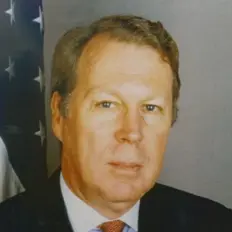China Seminar | 11 December 2014
Update on US – Taiwan Relations: Prospects After Two Mid-Term Elections
Relations across the Taiwan Strait have been relatively stable for the past six years. But in the past few months, student demonstrations in Taiwan against a new cross-strait trade agreement, widespread sympathy in Taiwan for student demonstrators in Hong Kong and mid-term elections in both the U.S. and Taiwan are all developments which have complicated relations between Mainland China and Taiwan. Beijing is already worrying about Taiwan’s 2016 elections, which could bring the pro-independence Democratic Progressive Party (DPP) back to power. U.S. - Taiwan relations, formally described as “unofficial,” have developed well during the overlapping terms of President Obama and President Ma Ying-jeou, with over $12 billion in arms sales, increased two-way trade and investment, and a surge in travel after the U.S. grant of visa waiver to Taiwan. Ambassador Burghardt will give us an update on U.S. - Taiwan relations and his thoughts on how recent and upcoming developments in Taiwan, the PRC, Hong Kong and the U.S. could affect the always sensitive cross-strait situation.
Ambassador Burghardt, formerly Director of East-West Seminars, has served as the Chairman of the Board of Trustees of the American Institute in Taiwan (AIT) since 2006. AIT, which was created by the U.S. Congress in the Taiwan Relations Act of 1979, manages U.S.-Taiwan relations in the absence of formal diplomatic ties. His previous overseas services include the Ambassador to Vietnam, Director of AIT in Taipei, Consul General in Shanghai, Deputy Chief of Mission at the U.S. Embassies in Manila and Seoul, and Political Counselor in Beijing. He also served in the National Security Council as Special Assistant to President Reagan.
